March 27, 2023
The five ages of the office and the man who shaped the way we talk about them
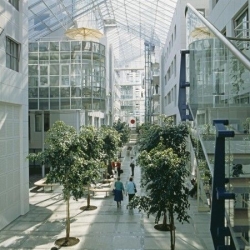 The office has passed through five ages. The ‘coffee houses’ of the 17th century, yielded to the ‘clerical factories’ of the 19th as machines revolutionised work. After the Second World War, the ‘corporate offices’ of global corporations and William Whyte’s Organization Man dominated the scene. Following the launch of IBM’s PC in the early-1980s, we saw the rise of ‘digital offices’ in the 1990s, complete with internet, email and social media. And for the past few years we have been moving inexorably towards the latest age: ‘network offices’. Each age was shorter than its predecessor: both the digital and network ages began less than a career span ago. (more…)
The office has passed through five ages. The ‘coffee houses’ of the 17th century, yielded to the ‘clerical factories’ of the 19th as machines revolutionised work. After the Second World War, the ‘corporate offices’ of global corporations and William Whyte’s Organization Man dominated the scene. Following the launch of IBM’s PC in the early-1980s, we saw the rise of ‘digital offices’ in the 1990s, complete with internet, email and social media. And for the past few years we have been moving inexorably towards the latest age: ‘network offices’. Each age was shorter than its predecessor: both the digital and network ages began less than a career span ago. (more…)






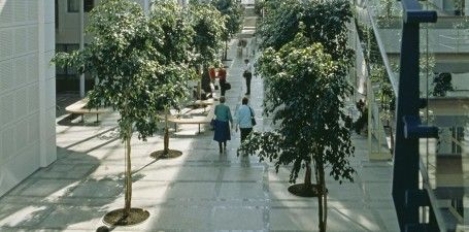
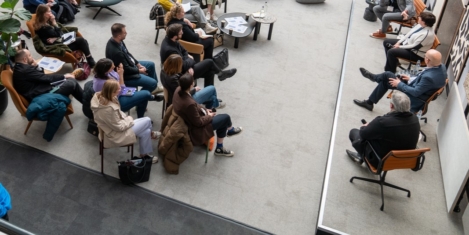
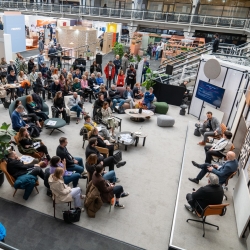




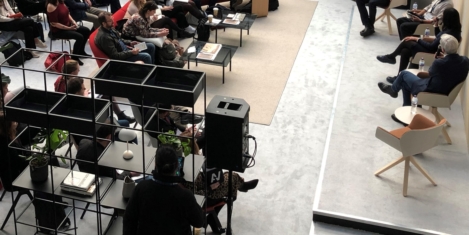
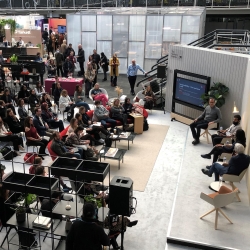 A few of you may already know this story. It was some 15 months ago and three old friends met up for the first time in quite a while (well, we had been through lockdowns etc). Having caught up with each other’s news, the subject turned to industry journals, what the three friends felt the market was missing and the possibility of collaborating in the not too distant future. That conversation occurred at the inaugural
A few of you may already know this story. It was some 15 months ago and three old friends met up for the first time in quite a while (well, we had been through lockdowns etc). Having caught up with each other’s news, the subject turned to industry journals, what the three friends felt the market was missing and the possibility of collaborating in the not too distant future. That conversation occurred at the inaugural 

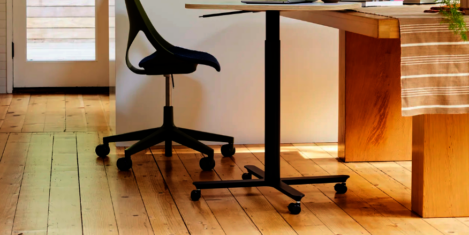
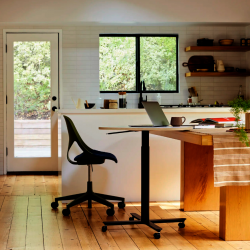


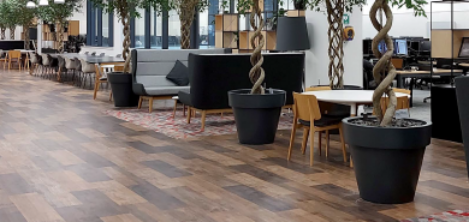
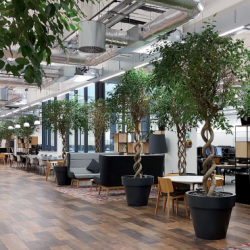
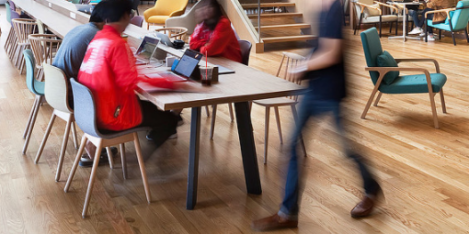
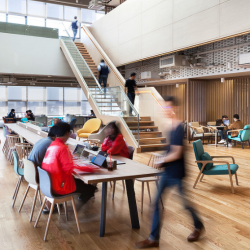











March 6, 2023
The six skills managers will need for the future of work
by Lea Kimpele • Comment, Flexible working, Technology